Maputo Central Hospital, a 'Noah's Ark' of foreign doctors for 50 years
Cabo Delgado starts Ramadan remembering kidnapped families and Ukraine – Photos
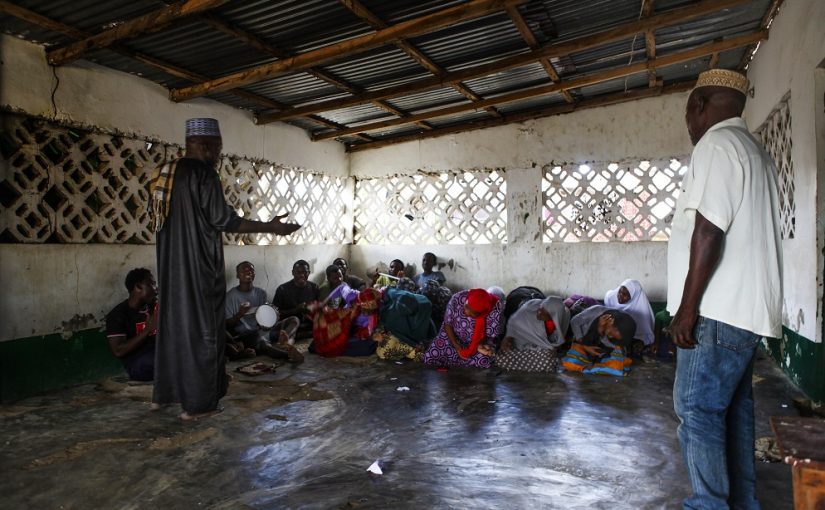
Religious leader Issufo Mussá (L) guides the chants of displaced young people from Mocímboa da Praia, whose lyrics portray the suffering during the armed conflict in Cabo Delgado, in Pemba, Cabo Delgado, Mozambique, March 31, 2022. At the mosque in the Paquitequete neighbourhood , in Pemba, Ramadan began this Saturday calling for the return of family members kidnapped during the conflict in Cabo Delgado, northern Mozambique, and calling for peace in Ukraine. [Photo: Luisa Nhantumbo /Llusa]
Issa Mussá began the fast accompanying the month of Ramadan – a month of intensified reflection and religiosity among Muslims – with prayers for the return of family members kidnapped by insurgents in Cabo Delgado, northern Mozambique.
Six family members were kidnapped in the last year, he tells Lusa, from his sanctuary in the neighbourhood of Paquitequete, in the provincial capital, Pemba, alongside thousands of other displaced people.
“First, it was my son who left from here,” and was kidnapped, with his family, and then “another one in Olumbué, captured along with my granddaughter”.
“We don’t know where they are,” laments the former resident and merchant from Mocímboa da Praia’s Milamba neighbourhood, who, at 52, was expecting simply to live in peace.
“I appeal to the government to [be allowed to] return home,” he says, asking for such security measures as will allow Cabo Delgado residents to resume their lives.
A year ago, the situation was out of control, recalls religious leader Issufo Mussá. The armed attack on Palma had just taken place, an incursion reported by the world media largely because a natural gas project involving big-name oil companies and multinationals was affected.
A military offensive with international support turned the insurgency around, but a new crisis now exists – in Ukraine. “They die, like us,” says Issufo – and for that they are also remembered.
In Cabo Delgado, the scenario has changed.
“Last year, here in Pemba, it was more difficult: there was a rush,” resulting from the general stampede out of Palma. “People died, we had no control”, says the delegate of the Islamic Community of Mozambique in the neighbourhood of Paquitequete – at the time a voice greatly perturbed by the advance of the rebel groups.
Today, the international forces that joined the Mozambican troops has made it possible to restore security, but the burden of hunger, lack of shelter and other essential goods still weighs heavily on the nearly 800,000 people (half of whom are children) who remain displaced.
The provincial capital, Pemba, hosts most of the displaced people – 152,000 according to the International Organisation for Migration (IOM).
Issufo gave up space in his mosque for the displaced and family members – such as his brother-in-law Issa – and shares food aid with them, a comfort for those who have suffered “the worst”, but know that “peace will come”.
“These are the verses of this song”, he describes, when presenting a group of displaced young youngsters from Mocímboa da Praia who rehearse songs with lyrics from stories lived in the first person, which the religious leader says “cause shivers” when heard sung like this.
“In Cabo Delgado we have a lot of ‘weight’,” he says, alluding to the scale of the humanitarian needs. “This Ramadan, the displaced are right here, and have nothing.”
The situation is aggravated by the lack of sufficient food aid, because of a row-back in support.
“There are problems with humanitarian aid, here in the city and in reception centres. The food is not enough and some [displaced people] are returning” home, even without orders to do so or guarantees of security, Issa Mussa says.
Issufo says that complaints have already reached his mosque about inappropriate behaviour on the part of those who distribute foodstuffs or vouchers for use locally; that they are diverting them. Children have even been found selling vouchers on the streets, he says.
He says he is familiar with the channels created to report abuse, such as the toll-free telephone line 1458, but says that worthy beneficiaries remain silent and are left without food. There are barriers of language, of age, of fear of authority or the sheer ignorance of those who have never lived in a city.
Besides, he says, “nobody wants to be always, always complaining”.
“The situation deserves attention and now we are going to be calmer and better able to pray,” a year after the emergency caused by the attack on Palma, he says.
The religious leader says that “the violence has to end”. “Not just here, it has to end all over the world. What we ask for here, extends to the whole world,” Issufo Mussá says; “a request for global peace, which reaches even Ukraine”.
“They are dying like us. If we ask, [prayer] can also save Ukraine. It’s a request for ever corner of the wrodl,” he concludes.
ALSO READ: Muslims in Cabo Delgado begin Ramadan praying for all war victims


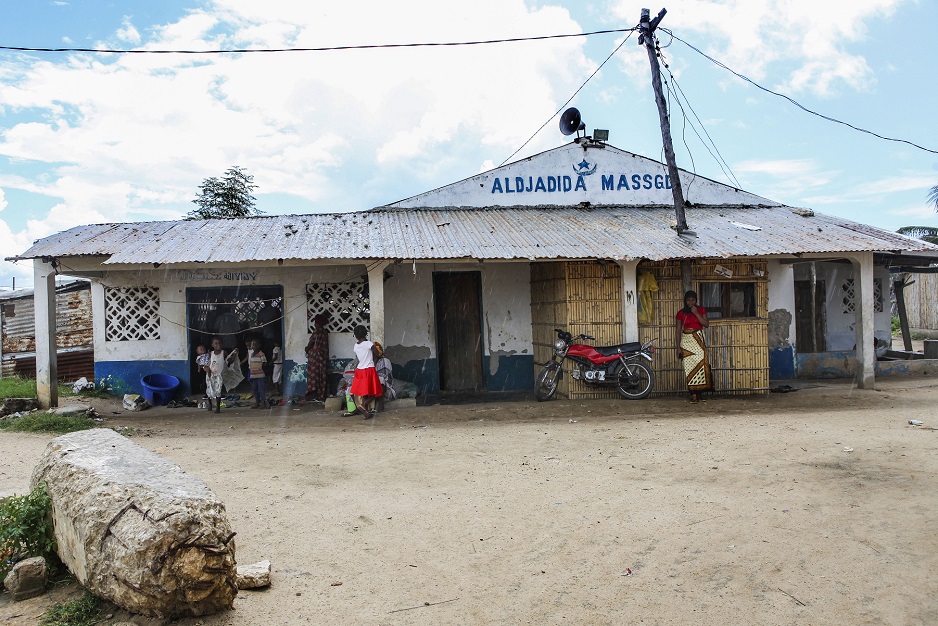
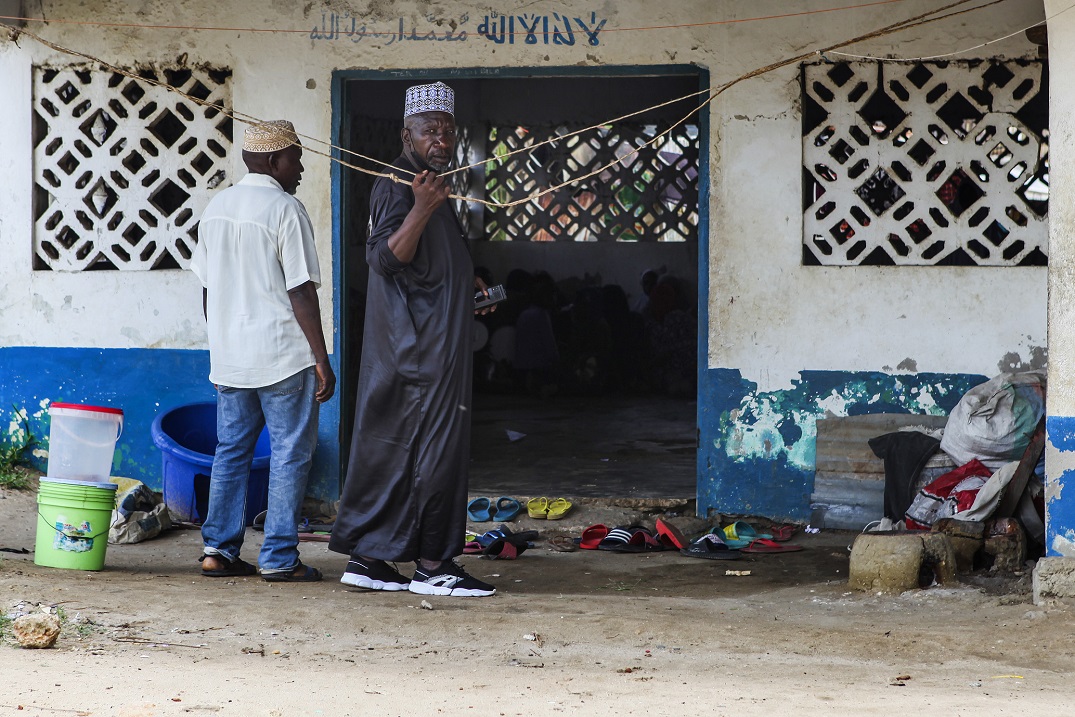
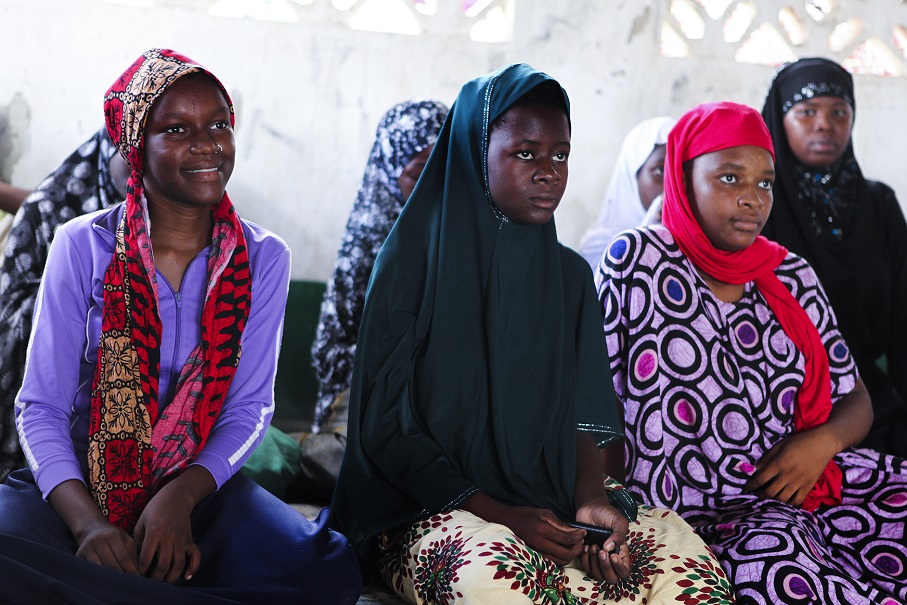
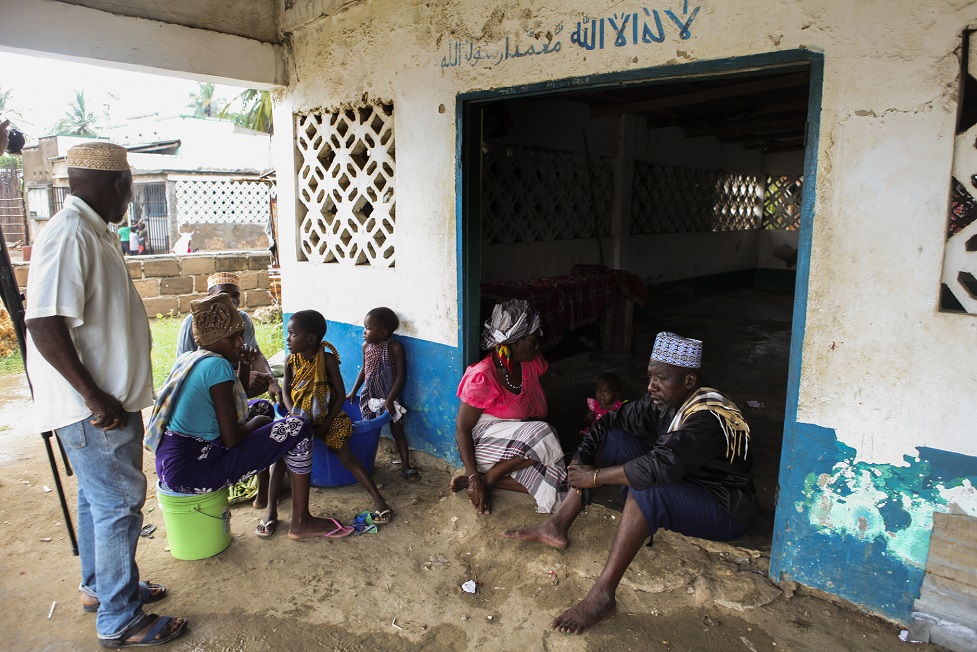
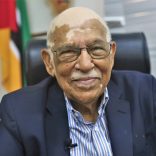

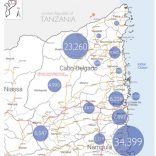
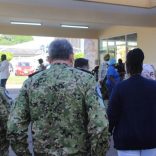
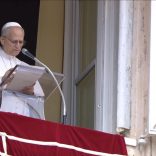





Leave a Reply
Be the First to Comment!
You must be logged in to post a comment.
You must be logged in to post a comment.